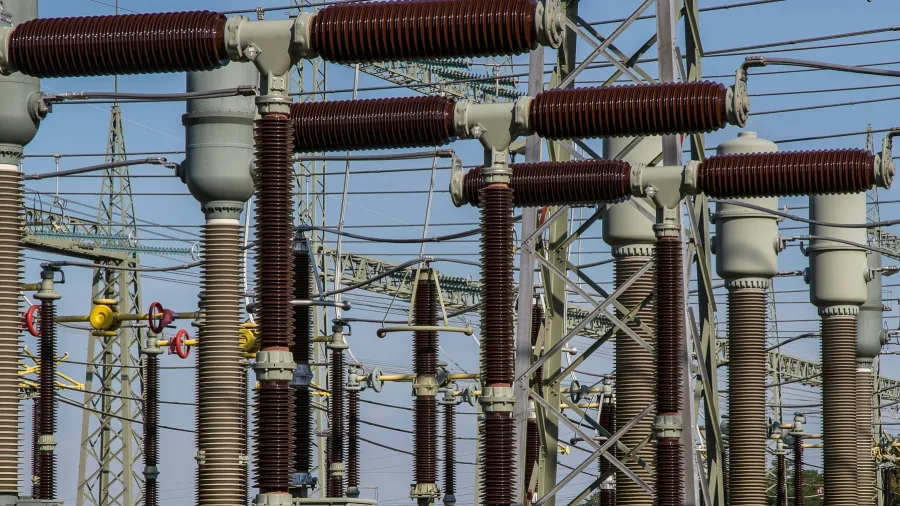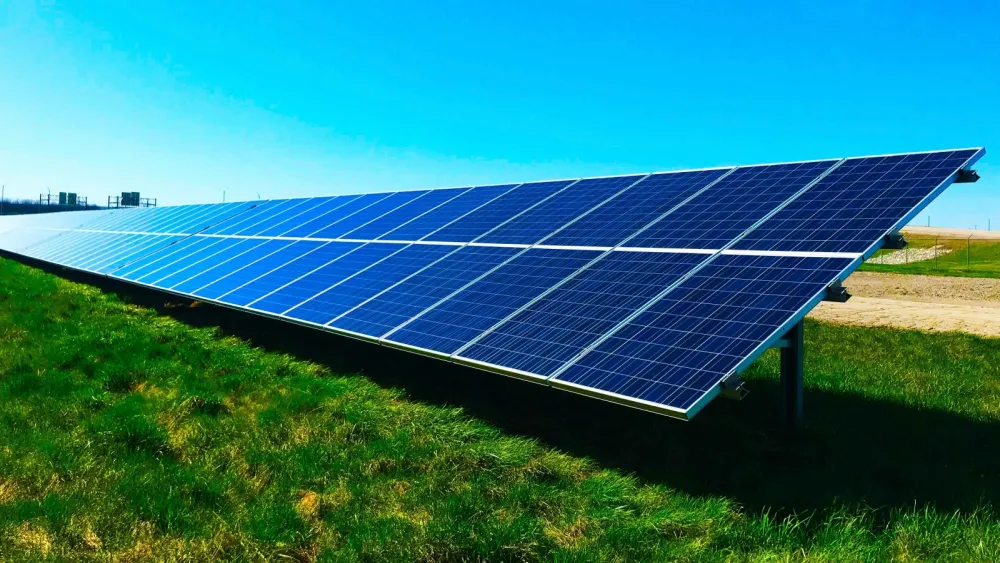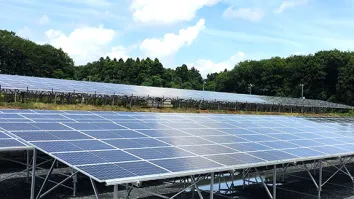
Japan, Uzbekistan to collaborate for energy transition
The cooperation will include a carbon neutrality roadmap.
The Japanese and Uzbek governments signed a memorandum of cooperation for the markets’ collaboration for energy transitions, including support for crafting a carbon neutrality roadmap and a Joint Crediting Mechanism.
In a statement, Japan’s Ministry of Economy, Trade and Industry (METI) said it signed the memorandum the with Ministry of Energy of Uzbekistan following the ministers’ online meeting about the bilateral cooperation on the economy and energy.
ALSO READ: USAID provides over $1.4m energy equipment to Central Asia
The cooperation also aims to take advantage of all available energy sources, technologies and options such as energy conservation, renewable energy, ammonia, e-fuels, carbon dioxide capture, utilisation and storage/carbon recycling, and highly efficient power generation technologies.
Both Japan and Uzbekistan aim to achieve carbon neutrality by 2050.



















 Advertise
Advertise







